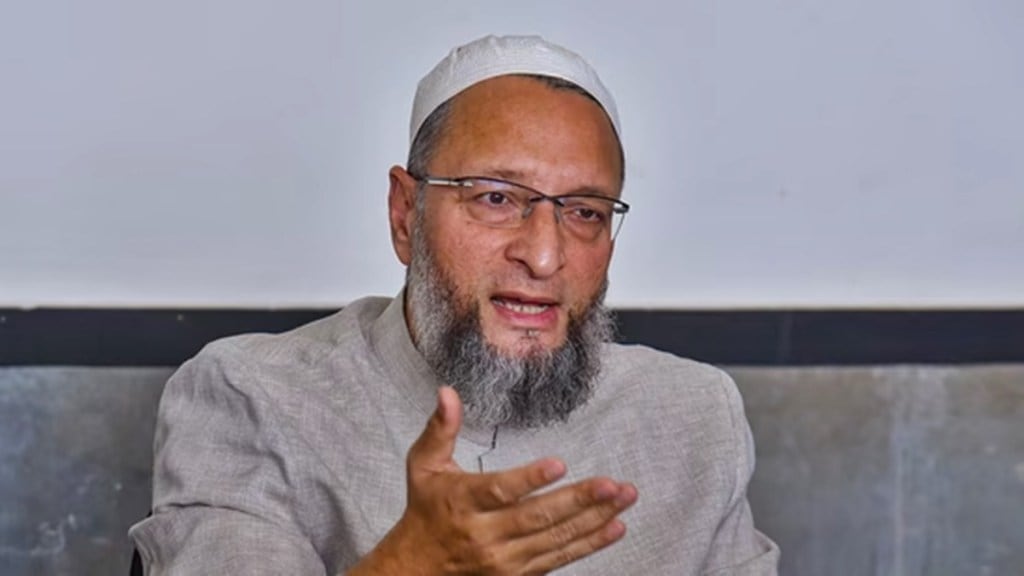AIMIM President and Member of Parliament Asaduddin Owaisi has condemned the Uttarakhand government’s plan to implement the Uniform Civil Code (UCC), asserting that Muslims in India have been marginalised to the status of “untouchables.”
Owaisi expressed his concerns on social media platform X, stating, “Muslims have been made untouchable in India. 15 Muslim families are being boycotted in Chamoli, Uttarakhand. Traders of Chamoli have threatened that Muslims will have to leave Chamoli by 31 December. If house owners give houses to Muslims, they will have to pay a fine of Rs 10,000.” “Don’t the Muslims of Chamoli have the right to live with equality and respect?,” he further noted.
Also Read:J&K: 7 killed in terror attack on Z-Morh Tunnel- Here’s why militants targeted this project
Former Uttarakhand Chief Minister and Congress leader Harish Rawat echoed Owaisi’s sentiments, slammed Chief Minister Pushkar Singh Dhami and the Bharatiya Janata Party (BJP) for their push for the UCC.
Speaking exclusively to ANI on October 19, Rawat stated, “There is nothing in the UCC; it is only a promotional sequence. It has enhanced Uttarakhand CM Dhami’s stature in national politics. The BJP also had to convey this to their voters. It has been ten years since they have been in power, so why did we not implement the UCC? Pushkar Singh Dhami came forward and made this announcement so that the BJP can claim they are implementing the UCC.”
He highlighted ongoing issues in the state, stating, “Atrocities against women are constantly rising. There is an imbalance in the state. When people consider what has been done by the BJP government for their welfare, voters won’t give them a chance.”
Also Read:‘Have more children…’: Andhra Pradesh CM Chandrababu Naidu plans new law to boost young population
On Friday, Shatrughan Singh, the chairman of the UCC Rules and Implementation Committee, handed over the final report to Chief Minister Dhami at the state secretariat. The Uttarakhand UCC bill is designed to standardise various laws related to marriage, divorce, succession, and live-in relationships. Some of the key proposals include making the registration of live-in relationships mandatory, banning child marriage, establishing a uniform divorce process, and ensuring equal property rights for women across all religions.
Under the bill, the legal marriage age will be set at 18 for women and 21 for men, and all marriages must be registered; those that aren’t will be considered invalid. Furthermore, divorce petitions will not be permitted during the first year of marriage.
